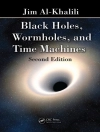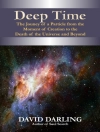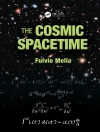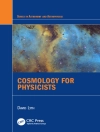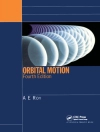This thesis covers a diverse set of topics related to space-based gravitational wave detectors such as the Laser Interferometer Space Antenna (LISA). The core of the thesis is devoted to the preprocessing of the interferometric link data for a LISA constellation, specifically developing optimal Kalman filters to reduce arm length noise due to clock noise. The approach is to apply Kalman filters of increasing complexity to make optimal estimates of relevant quantities such as constellation arm length, relative clock drift, and Doppler frequencies based on the available measurement data. Depending on the complexity of the filter and the simulated data, these Kalman filter estimates can provide up to a few orders of magnitude improvement over simpler estimators. While the basic concept of the LISA measurement (Time Delay Interferometry) was worked out some time ago, this work brings a level of rigor to the processing of the constellation-level data products.
The thesis concludes with some topics related to the e LISA such as a new class of phenomenological waveforms for extreme mass-ratio inspiral sources (EMRIs, one of the main source for e LISA), an octahedral space-based GW detector that does not require drag-free test masses, and some efficient template-search algorithms for the case of relatively high SNR signals.
สารบัญ
Introduction.- LISA data processing chain.- Applying the Kalman filter to a simple case.- The inter-spacecraft measurements.- Design a hybrid extended Kalman filter for the entire LISA constellation.- Alternative Kalman filter models.- Broken laser links and robustness.- Optimal filtering for LISA with effective system models.- Clock noise and disordered measurements.- Octahedron configuration for a displacement noise-canceling gravitational wave detector in space.- EMRI data analysis with a phenomenological waveform.- Fast detection and automatic parameter estimation of a gravitational wave signal with a novel method.- Likelihood transform: making optimization and parameter estimation easier.
เกี่ยวกับผู้แต่ง
Yan Wang received his Ph.D. in 2009 at Albert-Einstein-Institut Hannover (Max-Planck-Institut fuer Gravitationsphysik). Since 11/2014 he has been working as research assistant professor, School of Physics, University of Western Australia. He’s the winner of the 2014 Stefano Braccini Thesis Prize awarded by the Gravitational Wave International Committee.



